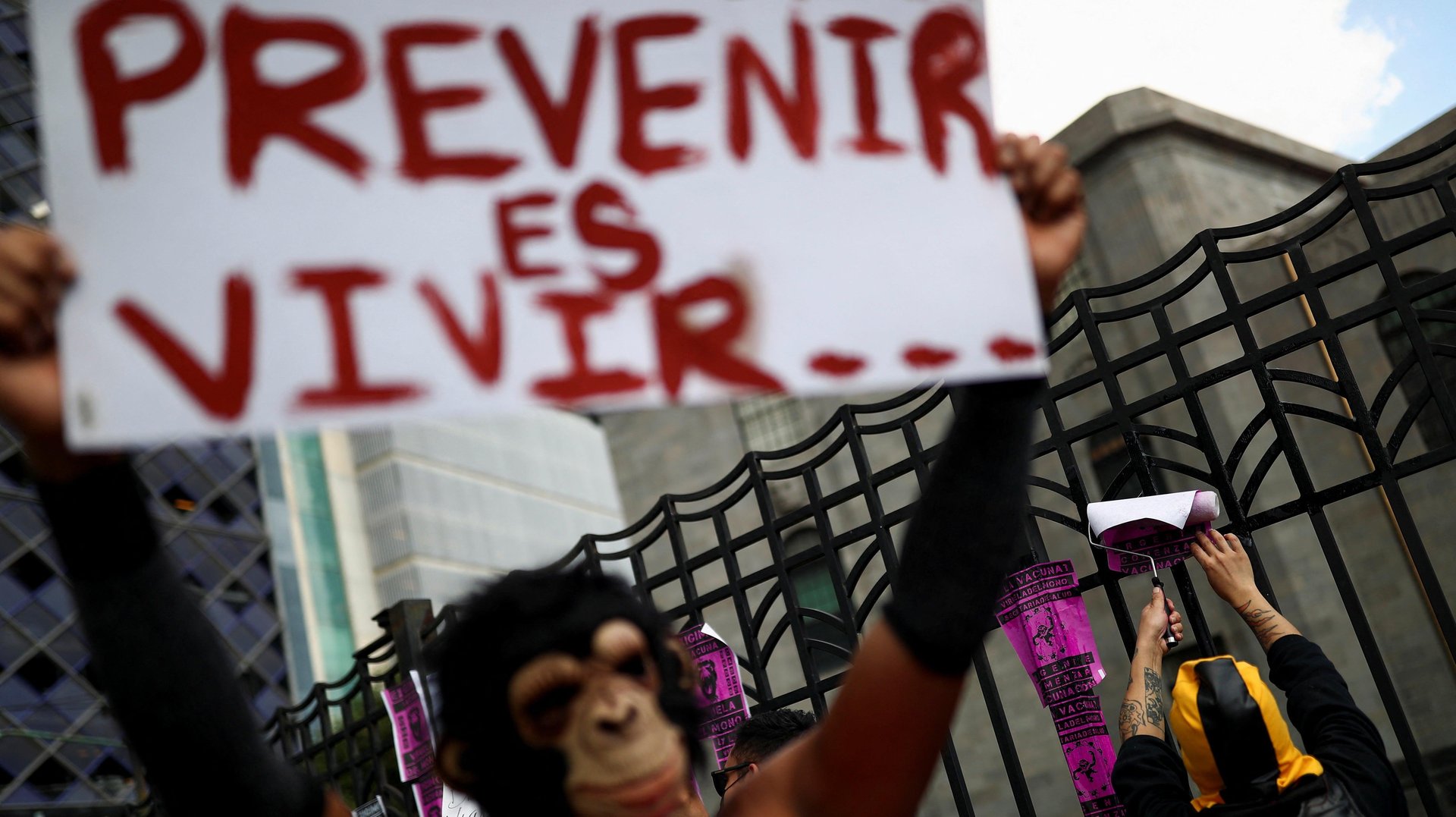Monkeypox vaccinations in Africa would have spared the whole world from this emergency
Until a few days ago, all the monkeypox deaths had been in Africa—but none of the vaccines

So far in 2022, about 80 people have died of monkeypox. Two have been in Spain, one in India, one in Brazil. The remaining victims—likely an undercount—all died in central and western Africa, where the disease has been endemic for many decades.
Only weeks after cases of monkeypox were detected outside of Africa, vaccination campaigns were underway (if slow and piecemeal) in western countries, which have started inoculating at-risk populations with smallpox vaccines that protect against monkeypox, too. Yet despite thousands of cases since monkeypox emerged in Africa in 1970, and hundreds of deaths, not a single vaccination campaign has been set up on the continent.
And that is exactly why the world is now dealing with yet another global health emergency.
Countries with smallpox vaccines should have donated doses years ago
Because of the way monkeypox transmission works—primarily through direct skin-to-skin contact, or large airborne droplets—the disease lends itself well to a type of containment measure known as “ring vaccination.” Essentially, the idea is to vaccinate the immediate circle around a confirmed case, preventing the virus from infecting people in contact with a positive person.
Unlike mass vaccination campaigns, this strategy requires fewer doses of a vaccine, and can rely on a much more nimble healthcare infrastructure. This makes it cheaper, and easier to deploy in the rural central and western African areas where hundreds of cases have been registered every year for the past five decades.
Had this been done at any point before the virus emerged elsewhere in the world, the current emergency would likely not exist. In particular, a group of Nigerian scientists led by Adesola Yinka-Ogunleye, an epidemiologist at the Nigeria Centre for Disease Control, rang the alarm bell in 2018, publishing a report in the journal Emerging Infectious Diseases that expressed concern about the fact that the number of monkeypox cases were rising, and that the virus had began infecting people in urban areas of Africa, too.
Stopping the spread back then would have prevented the current outbreaks, a strategy that would have been easier and less onerous than the current attempts to control them. But African countries don’t have stockpiles of smallpox vaccines—nor access to treatment. And western countries didn’t donate any of the doses they were hoarding in case of a potential bio-terror attack, all the while ignoring the actual risk of having a preventable infectious disease circulate on the other side of the world.
In fact, in 2008 the US destroyed part of its smallpox vaccine stockpile (eventually replaced with a more modern vaccine with even lower risk of severe complications), after using it in 2003 to control a small monkeypox outbreak in the US. At no point were those or other vaccines transferred to Nigeria, Ghana, or other countries experiencing outbreaks.
Vaccine and global health inequality kills everywhere
What is happening with monkeypox is yet another example of the shortcomings of global health approaches that rely on rich countries to lead the fight against diseases. As it happened with AIDS, covid, tuberculosis, and now monkeypox, the myopic, nationalist approaches that tackle diseases only once they begin affecting people in the global north have proven deadly.
The spread of monkeypox outside Africa isn’t likely to stop, showing once again that eradicating infectious diseases in countries far away from home isn’t so much a matter of solidarity—but of self-preservation.
“I don’t expect rich nations to do anything different with monkeypox. They will do exactly what they did with covid: corner the vaccine supplies, hoard them, and block vaccine manufacturing in low- and middle-income countries,” says Madhukar Pai, the director of McGill University’s global health programs. “And just like we are seeing no end to covid, monkeypox will be kept alive and well because of the myopia and greed of rich nations.”
